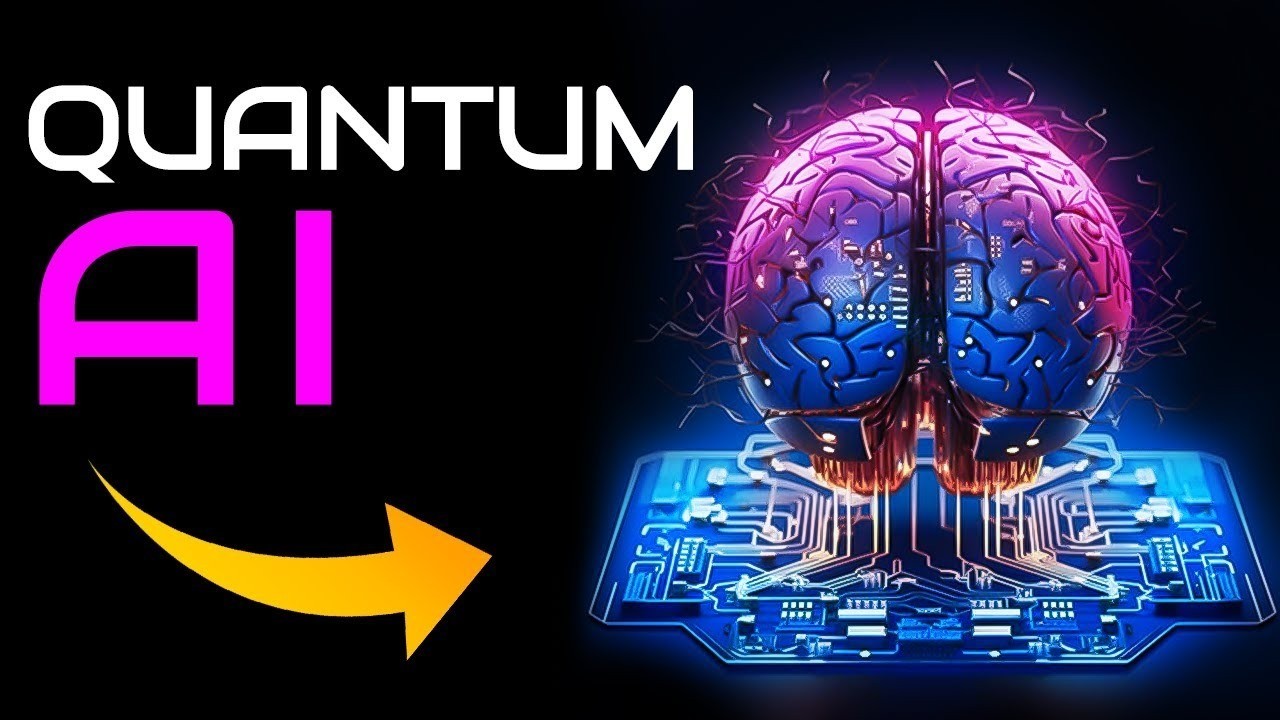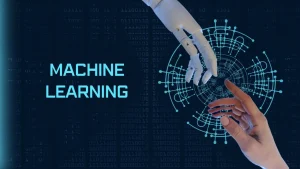Quantum AI represents the next frontier of technology a powerful fusion of quantum computing and artificial intelligence that promises to redefine what machines can learn, predict, and create. While AI today relies on classical computing, quantum technology introduces entirely new computational possibilities that could unlock breakthroughs in science, healthcare, cybersecurity, and data processing at a scale once thought impossible.
As the world’s leading tech companies like Google, IBM, and Microsoft race to build stable quantum computers, researchers are exploring how this innovation could transform the future of AI itself.
Table of Contents
Understanding Quantum Computing
To understand Quantum AI, it’s essential to grasp how quantum computing differs from traditional computing. Classical computers use bitsrepresented as 0s and 1s to process information. Quantum computers, however, use qubits, which can exist as both 0 and 1 simultaneously through a property called superposition.
Additionally, quantum systems leverage entanglement, meaning that the state of one qubit is directly linked to another, even when separated by vast distances. This enables quantum computers to process enormous amounts of data in parallel, solving complex problems that would take traditional computers thousands of years.
For example, IBM’s Quantum System One is already being used to test algorithms that could revolutionize fields like material science and cryptography. You can explore their developments on IBM Quantum.
The Intersection of AI and Quantum Computing
Artificial intelligence relies heavily on data processing, optimization, and pattern recognition areas where quantum computing excels. Quantum AI combines these strengths, potentially leading to faster learning, deeper insights, and more accurate predictions.
Current machine learning models, such as neural networks, require vast computing power to train. Quantum processors can perform this task exponentially faster, making it feasible to process petabytes of data in seconds. According to a study by MIT Technology Review, quantum-enhanced AI could accelerate drug discovery, financial modeling, and natural language processing far beyond current limits.
In short, Quantum AI represents the next stage in the evolution of intelligent computing one that will allow AI to learn in ways that mirror the complexity of nature itself.
Quantum Machine Learning (QML): The Future of Data Science
One of the most promising applications of Quantum AI is Quantum Machine Learning (QML), which integrates quantum algorithms with traditional ML frameworks. QML enables the analysis of massive datasets and optimization of deep learning models more efficiently than ever before.
For example, researchers at Google Quantum AI have demonstrated quantum algorithms that can identify patterns in unstructured data with unprecedented speed. Similarly, Microsoft’s Azure Quantum is developing tools for hybrid classical-quantum workflows to bring QML closer to commercial use.
Enhancing AI Decision-Making and Optimization
Many AI applications involve optimization problems, such as route planning, energy management, and financial forecasting. Classical algorithms often get trapped in local optima uboptimal solutions that aren’t the best possible answer.
Quantum algorithms, however, explore multiple states simultaneously, enabling them to find global optima quickly. For instance, Volkswagen has used quantum algorithms to optimize traffic flow in major cities, a project detailed on their Quantum Computing initiative.
The Impact of Quantum AI on Security and Cryptography
While Quantum AI offers massive potential, it also presents challenges, particularly in cybersecurity. Quantum computers could theoretically break current encryption systems, which rely on mathematical problems too complex for classical machines to solve.
This has led to the development of post-quantum cryptography, algorithms designed to withstand quantum attacks. Organizations like NIST and Google Quantum AI are leading efforts to create secure frameworks for a post-quantum world.
Paradoxically, quantum principles can also be used to enhance security. Quantum encryption, based on quantum key distribution (QKD), ensures that any attempt to intercept data immediately alters the transmission, revealing the breach. This is already being tested in national defense and secure communications sectors.
Challenges and Limitations
Despite its promise, Quantum AI is still in early stages of development. The technology faces several challenges:
- Hardware instability: Qubits are highly sensitive and require extremely low temperatures to function reliably.
- Error correction: Maintaining coherence in quantum systems remains a major engineering hurdle.
- Accessibility: Current quantum computers are expensive and accessible only through cloud-based research programs like IBM Quantum Experience.
However, continuous progress in quantum error correction and superconducting materials is rapidly bringing scalable quantum AI closer to reality.
The Road Ahead for Quantum AI
Quantum AI represents more than just a technological upgrade it’s a paradigm shift. By merging the probabilistic reasoning of AI with the computational power of quantum mechanics, we may soon witness breakthroughs in science, healthcare, logistics, and beyond.
A report by Deloitte Insights predicts that Quantum AI will become a multi-trillion-dollar industry by 2035, enabling faster innovation cycles and smarter automation systems.
Quantum AI isn’t just the next phase in artificial intelligence it’s the bridge to a new era of computational discovery.
Also Check AI and Robotics – Powerful Partnership of Era – 2025





1 thought on “Quantum AI – Powerful Combination of ERA – 2025”